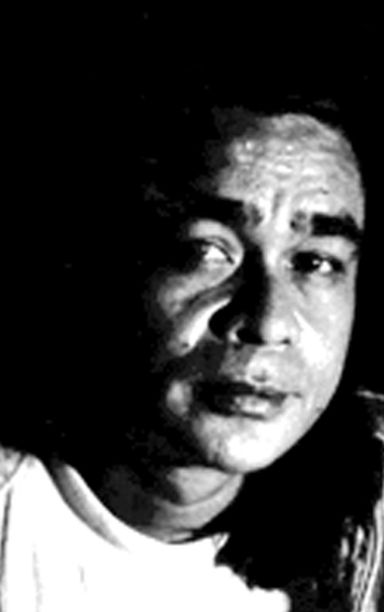
RAYMUND FERNANDEZ
To find America one has to search for it. A Filipino visitor, born and raised in the Philippines, who comes here only for a short visit will not find it the same way the immigrant Filipino finds it.
The Filipino immigrant comes here to integrate into the land, to find a way to survive in it, and become one with America.
His search is a complex one. The Filipino tourist, by contrast, finds America in a way much closer to how Columbus found it for the first time, crossing oceans to land finally in a seemingly endless and mysterious place.
And his first thoughts are: What a presumptuous lot the conquistadores must have been to imagine this place to be such a nameless place that they could point to anywhere and give it a name as if this was the first time the place was ever named?
He would have thought this was a place nobody owned. And indeed, the first questions the Filipino visitor asks are: Who is American? Where might America be found?
Today, we travelers, two brothers and a sister, found ourselves hungry for lunch in a place called San Juan de Capistrano.
It was a convenient exit from the freeway between Oxnard and San Diego.
None of us have been here before. After parking the car, we followed the sidewalk until it led us to a restaurant which, we quickly found out, served fine French cuisine. We decided to move on.
The next restaurant was even more “touristy” than the first. It served Italian food.
We decided to walk on still farther until we found a place more to our liking.
We thought it fit more our expectations of what a good American restaurant should be.
It was a Mexican restaurant serving Mexican food.
It was here where the “local” Americans gathered or parked themselves, their Harley Davidsons and oversized Ford pickups proudly gleaming in the sun so the tourists would not miss them.
We ordered fish and chips and something called Philly Mex roast beef sandwich.
Yes. Definitely as American as a Harley and a Ford pickup truck.
The food serving was, as we expected, too large for us Filipinos.
We shared the food and still could not finish our two orders.
After having our leftovers bagged – God only knows for what purpose since we knew it would not ever be eaten – we drove on and quickly got lost in the freeway though our travel was aided by GPS.
And we might as well have wondered if this is what it means to be here, or rather what “here” means: To be in America is to be lost in a strange place nobody really owns, not any one race, nor any one people.
And could this be the curse of Native Americans that no one could ever own the land they lost to foreign conquistadores? Is America even a nation at all, as the word ought be understood?
The American nation works more as fiction than anything else.
We know it is there.
But only by the stories told of it; these stories, mostly fictional, and mostly told through Hollywood movies and television.
The visitor coming here finds himself in a place he has seen before. He is sure of it. But it is not déjà vu. The visitor knows he has seen this place, or rather, these places before.
Here and there, scenes from movies and television.
One recalls this highway as exactly the same highway shown in a car chase in some movie scene.
That bridge, that edifice, that building, we have seen before in one work of fiction, one novel, one movie after another. Could this be the only way America might be found?
And then the visitor imagines the natives here finding America the same way he is finding it now.
And then he knows he has come to America only to find it is nowhere to be found. And yet it is still there.